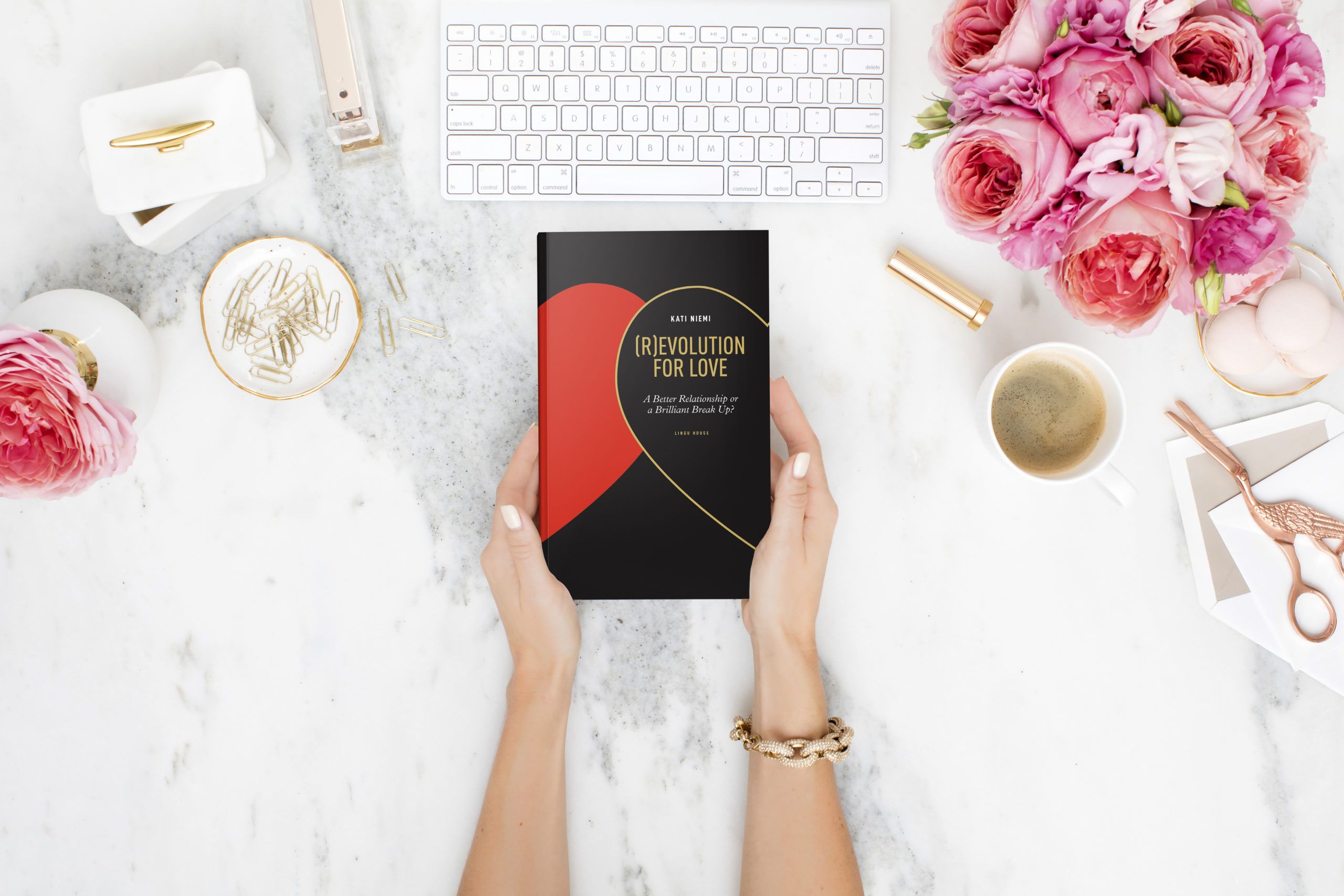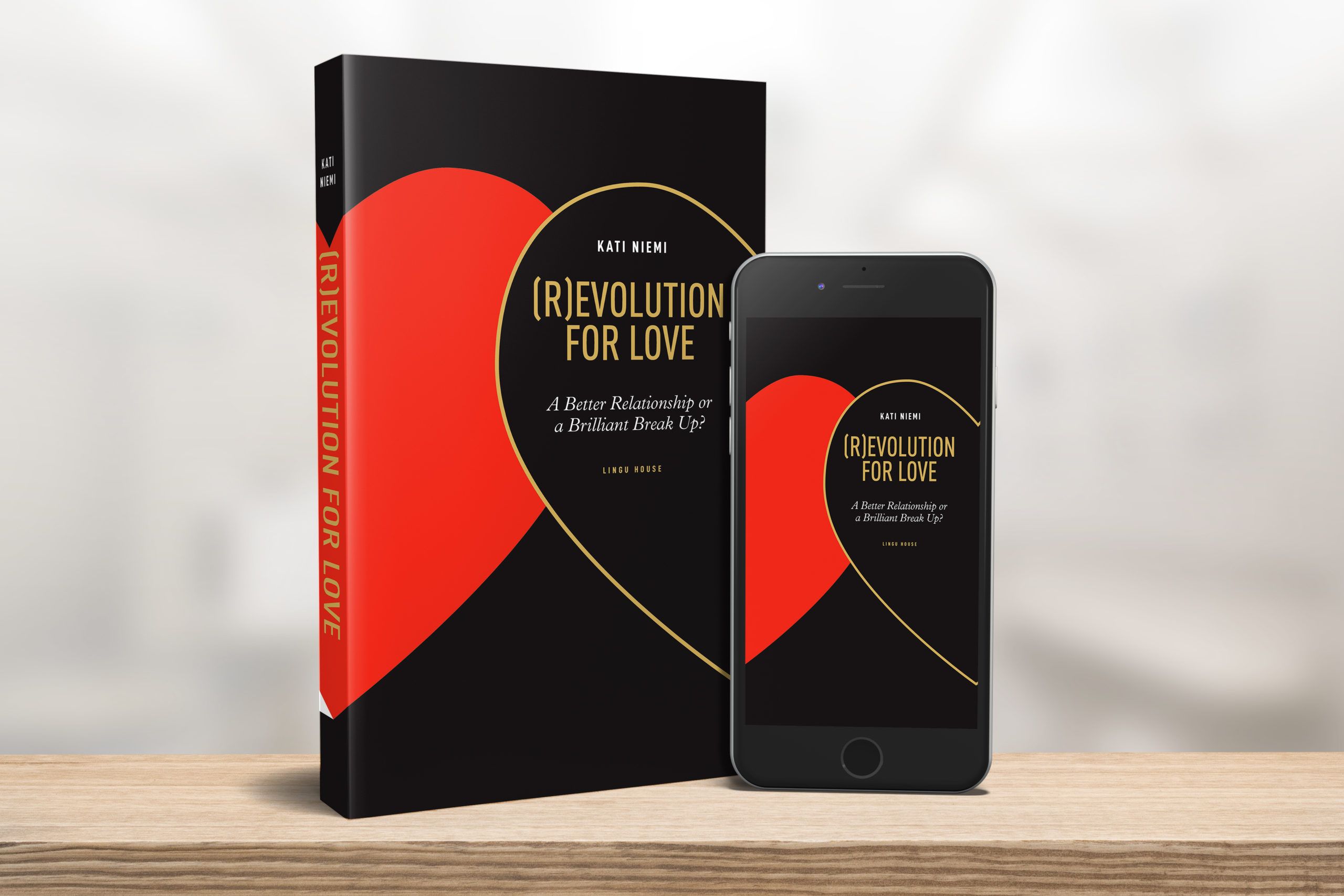What are caffeine’s health effects – the risks and the benefits of the world’s most consumed psycho-stimulant? How much caffeine is too much to consume daily, and what amount of coffee or tea is still okay or at least acceptable? And if you have problems with too much caffeine, then how to manage caffeine addiction and consumption for better health and stress management?
The world’s most popular, mind-altering psycho-stimulant
Caffeine is the most consumed psycho-stimulant drug in the world. There is a reason for its popularity. Its mind-altering action is mild at permitted dosages. If not abused, it is pretty safe. People love experiencing the soft mood-elevating effect of caffeine, which makes it so popular. Moreover, most people consume caffeine in its natural form, coffee (Evans et al., 2023).
One of the reasons for its popularity is its many health effects. It is worth understanding that caffeine also has many negative health effects on the body, and it may cause addiction. This is another reason why it is such a popular substance: people find it difficult to reduce their daily caffeine intake, and it’s become a social routine.

When positive thinking becomes toxic
What is too positive thinking like? Where should we focus the power of our mind and our willpower?
Caffeine is widely used in beverages, supplements, and medications (Humans, 1991). The consumption of drinks and supplements with added caffeine is on the rise. Since it is now increasingly found in various health supplements or caffeine products like energy drinks, pre-workout, and weight loss supplements. It is a cause of concern, as many of these products have caffeine added in large amounts.
Is caffeine bad or good for your physical and mental health?
Caffeine is widely found in nature. It is present in more than 60 plant species. You might think that all natural ingredients might benefit your health, but there are also many poisons in nature. So, is caffeine-rich coffee or tea bad or good (or at least pretty okay) for you?
Most of the caffeine is extracted from plants like green coffee. There is a significant amount of caffeine in coffee. However, the use of synthetic caffeine powder (caffeine anhydrous) is also rising to meet the ever-rising demand for the substance (Humans, 1991).
All this means that people need to know more about caffeine. Understanding caffeine’s health effects – both the benefits and the risks – will help us responsibly use this wonderful gift of nature.

Are relationship problems simply just stress and lack of sleep?
Why does stress and lack of sleep cause problems in a relationship? Or do bad relationships cause stress and sleeplessness? How to get help?
So, is caffeine bad for you? Naturally, it depends on how you consume it and how much daily.
Caffeine’s health effects: How does caffeine work in your body’s organs?
After being metabolized mainly in the liver, caffeine primarily works by blocking the so-called adenosine receptors, which are present in large numbers in the brain. Caffeine can readily enter the brain. Blocking of adenosine receptors results e.g. in stimulation or wakefulness (Evans et al., 2023).
Adenosine, a neuromodulator and a neurotransmitter in the central nervous system, affects the release and function of other neurotransmitters, such as dopamine, serotonin, and glutamate, which are involved in various brain functions, including sleep regulation, cognition, and pain perception.
When adenosine can bind to its receptors naturally, it produces various physiological responses, including relaxation, vasodilation, and inhibition of neurotransmitter release. Caffeine interferes with the body’s normal adenosine-mediated responses.
Caffeine, a stimulant acting as an adenosine receptor antagonist, blocks the adenosine receptors, preventing adenosine from binding to them. Adenosine’s functions vary depending on the specific tissue or organ in which it acts and the receptor subtypes involved.

How to improve self-esteem through social media?
What is good self-esteem? How to improve your self-esteem through social media? 7 steps to help you improve self-esteem!
Caffeine can influence the working of almost every organ since adenosine receptors are present in most organs. Thus, it can stimulate the heart, dilate blood vessels, increase blood pressure, stimulates respiration, and more (Evans et al., 2023).
How long will it take for caffeine to wear off away from your body?
Caffeine is mainly metabolized in the liver, so those living with sluggish liver or liver ailments may take longer to metabolize it.
Normally, caffeine has a half-life of about five hours. It means most caffeine leaves the body within 12 hours after the single dose. However, if one drinks it multiple times, it may remain in the body for much longer (Evans et al., 2023).
How much caffeine is safe to consume daily?
US FDA states that about 400 mg of caffeine a day is safe. This means about 4-5 cups of coffee.
However, many people consume more cups of coffee. Now, if these people consume other drinks or use health supplements with caffeine, they are at risk (US FDA Office of the Commissioner, 2021).
Risks related to caffeine powder abuse are also rising. Many people are using it to experience the “high” on purpose. US FDA report says that 1,200 mg of caffeine consumed rapidly may cause severe side effects or toxicity (US FDA Office of the Commissioner, 2021).

Insulin hormone for energy balance and regenerative processes
Insulin hormone is vital for maintaining energy balance and regenerative processes in the body. Its role extends beyond glucose metabolism.
Another important thing to know is that many people develop resistance to caffeine. Thus, they start consuming it in large amounts. However, this increases the risk of toxicity.
Now, let us explore the health benefits and risks of caffeine.
Caffeine’s health effects: The benefits and the risks
Caffeine is a dual-edged sword that you must use carefully. It has many health benefits when consumed responsibly. Drinking a cup of coffee now and then is good.
However, using caffeine regularly to boost mood poses health risks. Additionally, there is an issue of individual sensitivities.
Below are some of the health benefits of drinking coffee moderately, but it’s essential to know the risk limits as well.
Enhances wakefulness and mental alertness <> Causes bad sleep, anxiety, and reduced focus
By blocking adenosine receptors, caffeine inhibits the natural relaxation effect of adenosine, leading to increased stimulation of the central nervous system and promoting a sense of wakefulness and mental alertness.
Extra stimulation and alertness are perhaps the main reasons for consuming coffee. Due to its stimulatory action, it helps overcome drowsiness and improves mental alertness in the short term (Glade, 2010).

Be aware of the impact of stress on your relationship
Stress symptoms and the impact of stress. If you have to manage you partner’s stress, yours is not a love but a care relationship.
Adenosine contributes to the regulation of sleep-wake cycles. Its accumulation in the brain promotes sleepiness and the need for sleep. Adequate sleep is crucial for maintaining healthy adenosine levels. During sleep, adenosine levels naturally decrease, allowing for a refreshed state upon waking. Caffeine disturbs the normal circadian rhythm, which leads to various problems.
When you use caffeine regularly and with higher doses, your body increases your adenosine production and release.
That explains why heavy coffee drinkers believe they would be dead-tired in the mornings if they didn’t get their morning coffee in even higher doses.
Even the desired sense of extra alertness is only a temporary benefit if you continue using caffeine daily. Those who consume caffeine regularly do not experience its effect on mental alertness or arousal during the day, but the increased amounts of caffeine continue to impact their sleep. Additionally, consuming caffeine in larger amounts may cause anxiety and reduced focus (Rogers et al., 2013).
In the modern hectic world, the ever-growing urge to be alert and energetic is the main cause of caffeine abuse. Studies show that people develop resistance to caffeine, and thus the potential positive (short-term) effects only occur if one consumes caffeine in smaller amounts and not regularly. But caffeine addicts believe ‘more is more’ – which is not true.

Stress Management: 10 Tips How to Prevent & Reduce Symptoms
How to prevent, manage and reduce stress in a busy life? Causes and symptoms of stress, and good tips for stress management and wellbeing.
What do you think: could you allow less energy and alertness for yourself? Or do you believe you “must” drink coffee or consume other caffeinated drinks or foods?
Improves mood <> Worsens psychiatric issues
As you already learned: caffeine impacts your sleep-wake system even though you don’t feel that refreshed anymore with your normal doses. Like any other addict, you should increase your daily dose to get the same short-term benefits you used to gain earlier. But when your sleep quality deteriorates, more problems arise.
Most people who have consumed coffee have experienced a mild and pleasant mood-elevating effect. Studies show that even caffeine expectations can boost mood temporarily. And also the placebo is effective, you know!
However, people may also get used to caffeine. Thus, people deprived of caffeine may experience increased irritation (Dawkins et al., 2011).
Additionally, some people are sensitive to caffeine, and it may cause worsening of some psychiatric issues (Wang et al., 2015).
Improves athletic performance and relieves headaches – or vice versa.
Adenosine plays a crucial role in regulating cardiovascular function. It helps dilate blood vessels, particularly in the coronary arteries, which improves blood flow to the heart. Adenosine’s natural binding to its receptors causes vasodilation, which helps increase blood flow and oxygen delivery to tissues. By blocking the adenosine receptors, caffeine promotes vasoconstriction, narrowing the blood vessels, which leads to less oxygen delivery to tissues during performance.

What Is Cortisol: How High/Low Stress Hormone Levels Function
Cortisol is a stress hormone that affects the body, weight gain, anxiety… How to measure and reduce cortisol levels. (Meaning, Effects)
Vasoconstriction may enhance the effects of certain medications and relieve headaches. However, good sleep would relieve your headaches probably much better, don’t you think?
Adenosine triphosphate (ATP) is cells’ energy currency. When ATP is broken down, it releases energy for various cellular processes, such as muscle contraction, enzyme reactions, and active transport. Caffeine is widely promoted as a performance-enhancing substance. It’s also in many pre-workout supplements.
Though studies suggest it can enhance performance, any such effect is mild. It can result in slightly higher energy production and improved mood and concentration. However, it does not significantly impact competitive sports (Gonçalves Ribeiro et al., 2017).
Since its impact on sports performance is mild, and caffeine is safe in usual dosages, World Anti-Doping Agency (WADA) has removed it from its list of prohibited substances (Gonçalves Ribeiro et al., 2017; Perishable, 2021). Removal of caffeine from the WADA list shows that it is safe and does not enhance performance significantly. Moreover, taking it in more significant amounts would be counterproductive. After all, muscles grow in relaxation, and caffeine worsens sleep, for example.
Aids weight loss – or actually makes you gain weight?
By blocking the adenosine receptors in the kidneys, caffeine influences water and salt reabsorption. Caffeine has a mild diuretic effect, increasing urine production.
Adenosine has anti-inflammatory properties and can modulate immune responses. It inhibits the release of pro-inflammatory cytokines and promotes the production of anti-inflammatory molecules, helping to regulate the immune system and reduce excessive inflammation. Excess caffeine may interrupt these natural healthy processes.

Physical Exercise for Stress Management and Hormonal Balance
We must learn how to manage stress so it won’t take a toll on our health. Physical exercise is the key to stress management and healthy life.
Recently, caffeine has been increasingly promoted for weight loss. For example, many say that green coffee is good for weight loss. Using coffee for weight loss is quite popular now. Moreover, some clinical studies seem to confirm these benefits. Studies show that consuming caffeine helps improve body composition (Tabrizi et al., 2019).
This also explains how green tea may help with weight loss. The caffeine content is 20 to 45 mg in a cup of green tea.
However, those who use caffeine regularly do not experience weight loss. Instead, they experience increased nervousness and a higher risk of heart disease (etc), which won’t help in weight control.
Good sleep is much more important for weight loss; thus, caffeine may be counterproductive if you want to lose weight.
Helps reduce the risk of certain diseases – but may also cause seizures, etc.
Caffeine is good for health in moderation. Here the main word is “moderation.” When consumed moderately, it is suitable for gut health and heart health, reduces the risk of diabetes, and may even reduce the risk of certain brain disorders like Parkinson’s. However, beware that at higher dosages, it may be counterproductive or harmful (Grosso et al., 2017).
A cup of coffee would not cause any side effects. However, abusing caffeine may have some severe health consequences. Caffeine side effects or toxicity depends on the dose and individual sensitivities. These side effects may be mild to life-threatening (Evans et al., 2023).

Improving wellbeing: How to feel better mentally and physically?
The power of the subconscious: Improving your wellbeing on all levels when in a relationship, during a break up and as happily single.
Some common side effects of caffeine include insomnia, anxiety, restlessness, increased urination, facial flushing, tremor, irritability, higher heartbeat, and gastrointestinal issues.
Higher dosages may cause issues like hallucinations, seizures, arrhythmia, muscle aches, ischemia, and more.
Caffeine’s health effects: Does caffeine addiction exist?
Most experience stated health benefits of caffeine at lower dosages or when used infrequently. The problem is that excessive caffeine use is rising. Studies suggest that average US adults consume about 280 mg of caffeine daily, which is quite close to the maximum daily limit set by US FDA (Sajadi-Ernazarova et al., 2023).
Before discussing the treatment of anything, we need to answer one vital question: does caffeine addiction really exist? Well, the short answer is yes. Science has proven it. Caffeine-withdrawal syndrome is one of the psychiatric problems the Diagnostic and Statistical Manual of Mental Disorders mentions (Sajadi-Ernazarova et al., 2023).
There is a reason to get rid of caffeine addiction. However, it is still unclear how many people live with caffeine addiction in the US or globally.

Conscious grieving can dramatically improve wellbeing
What is grieving based on humane, genuinely positive thinking like? How do you practice conscious grieving?
Additionally, caffeine addiction is hard to diagnose, as it resembles many other commonly prevalent health issues. Thus, caffeine withdrawal symptoms in those used to it include anxiety, irritability, depression, sleep issues, increased heart rate, changes in blood pressure, loss of libido, and more (Sajadi-Ernazarova et al., 2023).
Getting rid of caffeine addiction
Prolonged and frequent caffeine consumption can lead to the development of tolerance, where higher amounts of caffeine are needed to produce the same stimulant effects.
Since caffeine addiction is a disease, it must be treated. With the right approach, one can get rid of it in a few weeks.
Sudden caffeine intake cessation or reduction can lead to short-term withdrawal symptoms, such as headaches and fatigue until the body has normalized the production and release of adenosine. To control the symptoms, doctors use medications like antacids, painkillers, and anti-depressants.
However, the best way to treat caffeine addiction is through lifestyle changes:
-
- Reduce coffee intake slowly.
-
- Start doing physical activities.
-
- Focus on mood and stress management through various beneficial mindshifting methods, relaxation, and mindfulness.
Caffeine is a habit-forming substance. Getting rid of long-formed habits is quite challenging. This is the reason why so many de-addiction programs fail. One may stop taking caffeine, drinking coffee for a few weeks, but many, if not most, would start consuming caffeine again.

Why is breathing important to our wellbeing?
Why is correct and slow breathing so beneficial and such a quick way to improve our wellbeing? (+BREATHING EXERCISE!)
Health experts can help counter withdrawal syndrome, build better habits and teach techniques to
overcome caffeine urges. For example, hypnotherapy (hypnosis combined with therapeutic methods) is good for changing habits and belief systems. It can help alter the reward pathway in the brain that plays a vital role in substance addiction (Drigas et al., 2022).
In hypnotherapy, you can learn better habits for leading your thoughts, managing your emotions, and balancing your energy levels without caffeine or other substances.
Caffeine’s health effects: The risks and benefits summarized
In conclusion, caffeine, the most consumed psycho-stimulant drug worldwide, offers mild mind-altering effects when consumed within permitted dosages.

How to improve your wellbeing through self-development?
Science has revealed: some adults are not mentally sufficiently developed. How to improve your wellbeing through self-development?
Its popularity arises from its ability to enhance wakefulness, mental alertness, and mood elevation. However, it is essential to be aware of caffeine’s health effects and risks associated with caffeine consumption.
While caffeine can improve focus, elevate mood, aid weight loss, and sometimes reduce the risk of certain diseases, moderation is key.
Caffeine consumption in doses of approximately 400 mg daily, equivalent to 4-5 cups of coffee, is fine. Excessive consumption and combining multiple sources of caffeine can lead to adverse effects and toxicity.
Gradually reducing caffeine intake, doing more physical activities, and employing stress management techniques can help overcome caffeine addiction. Seeking medical help and exploring various interesting mental techniques like hypnosis can further support the process.
Overall, understanding the benefits, risks, and addictive nature of caffeine helps individuals make responsible choices and use caffeine in a balanced manner.

Motivating You to mindshifting in many ways,
Your Coach Kati Niemi
Clinical Hypnotherapist, NLP Trainer, M.Sc.
[email protected]

“FIVE STARS!” Book reviews: (R)evolution for Love (Amazon Books)
“Five Stars!” Editorial reviews and reader reviews of (R)evolution for Love – A Better Relationship or a Brilliant Break Up? Amazon books

FEEDBACK TO LOVE! Reader reviews (Book+Blog)
RELATIONSHIP GUIDE: BOOK REVIEWS – We are blown over by the feedback the (R)evolution for Love relationship blog and guide have received. WOW!

FREE AUDIOBOOK: Audible, Google Play and other stores’ free trial
Audiobook lovers benefit from FREE trial periods of book stores. Enjoy (R)evolution for Love on Amazon Audible, Google Play & other stores

FREE EBOOK ‘I love you but…’ – To Break Up or Not to Break Up?
Refocus your energy now to improve your love life! This FREE ebook ‘I love you but…’ will help you move towards a better relationship or

How to improve your wellbeing through self-development?
Science has revealed: some adults are not mentally sufficiently developed. How to improve your wellbeing through self-development?

Why does our conscious mind question the power of the unconscious mind?
Is the power of the unconscious mind fake news and is trying to harness it to achieve our full potential a waste of time? What do we mean by the unconscious mind?

INFIDELITY and the collected excuses: The good reasons for cheating
CHEATING: What is a good reason to cheat? What do the cheated partner, “the other woman/man” or the cheater choose to believe in?

What is an open relationship? Does it lead to breaking up?
What is an open relationship? Who are non-monogamous open relationships for? Is your partner suggesting consensual non-monogamy?

Narcissism in a Relationship: “How to Know if My Partner Is a Narcissist?”
What are the signs and causes of narcissism? Can you make a relationship with a narcissist work? Can you heal a narcissistic partner?

Aromatherapy for Libido & Romance – The Best Essential Oils for Love
Sense of smell influences our sexual desire and performance. Aromatherapy tips and the best essential oils for romance, libido, sex and love.

When positive thinking becomes toxic
What is too positive thinking like? Where should we focus the power of our mind and our willpower?

TO BREAK UP OR NOT TO BREAK UP? Should I stay or should I go?
How do you know if you should leave or not. How to make the decision to break up or to improve your relationship? To break up or not?


























